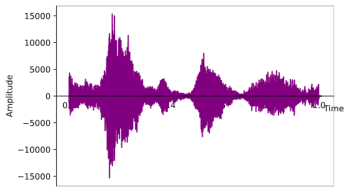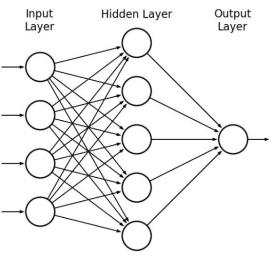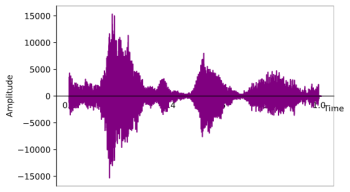In multimodal sentiment analysis (MSA), the performance of a model highly depends on the quality of synthesized embeddings. These embeddings are generated from the upstream process called multimodal fusion, which aims to extract and combine the input unimodal raw data to produce a richer multimodal representation. Previous work either back-propagates the task loss or manipulates the geometric property of feature spaces to produce favorable fusion results, which neglects the preservation of critical task-related information that flows from input to the fusion results. In this work, we propose a framework named MultiModal InfoMax (MMIM), which hierarchically maximizes the Mutual Information (MI) in unimodal input pairs (inter-modality) and between multimodal fusion result and unimodal input in order to maintain task-related information through multimodal fusion. The framework is jointly trained with the main task (MSA) to improve the performance of the downstream MSA task. To address the intractable issue of MI bounds, we further formulate a set of computationally simple parametric and non-parametric methods to approximate their truth value. Experimental results on the two widely used datasets demonstrate the efficacy of our approach. The implementation of this work is publicly available at https://github.com/declare-lab/Multimodal-Infomax.
翻译:在多式联运情绪分析(MSA)中,模型的性能高度取决于综合嵌入的质量,这些嵌入来自称为多式联运混合的上游过程,其目的是提取和合并输入单式原始数据,以产生更丰富的多式联运代表制。以前的工作或者对任务损失进行反向分析,或者操纵特征空间的几何特性,以产生有利的融合结果,这忽视了保存从投入流到聚合结果的关键任务相关信息。在这项工作中,我们提议了一个称为多式Infax(MIM)的框架,在等级上最大限度地利用单式输入配对(内部模式)中的相互信息以及多式联运融合结果和单式输入之间的相互信息,以便通过多式联运融合保持与任务有关的信息。该框架与主要任务(MSA)共同培训,以改进下游管理协议任务的绩效。为了解决从投入流到聚合结果的棘手问题,我们进一步制定了一套计算简单的参数和非参数方法,以近似于其真实价值。在两种广泛使用的数据组合/模型上,实验性结果展示了我们目前使用的数据格式方法的效能。













